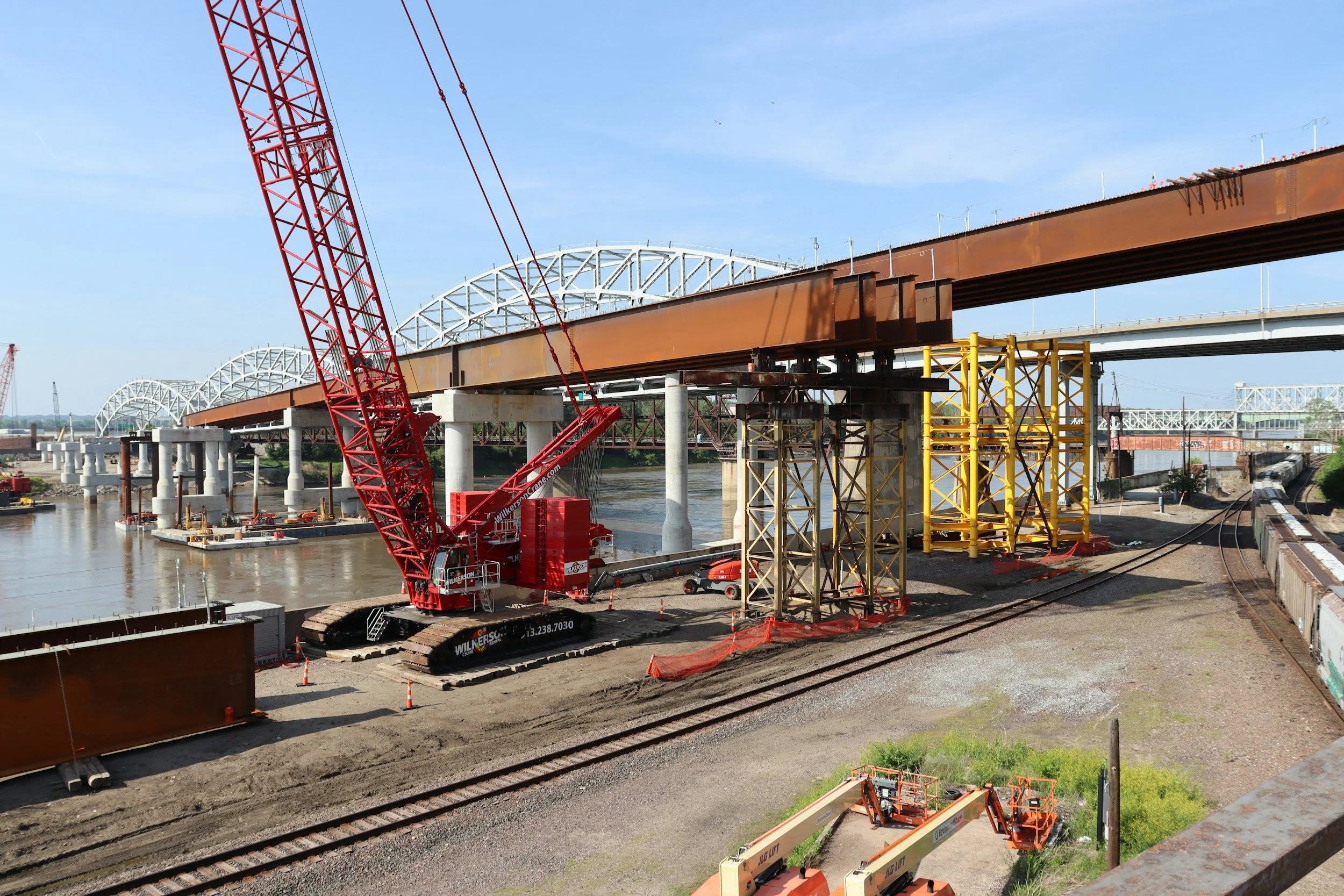Addressing Baseline Programme Integrity in Delay Analysis
A baseline programme serves as the foundation for effective project management and forensic delay analysis.
It establishes the planned sequence of activities, critical paths, and project milestones. However, in practice, maintaining baseline programme integrity can be a significant challenge. Inaccurate, incomplete, or poorly managed baselines often lead to disputes and inefficiencies.
The Importance of Baseline Programme Integrity
Provides a Benchmark for Delay Analysis
A baseline programme serves as the reference point against which progress is measured. It allows delay experts to identify deviations, quantify impacts, and determine the root causes of delays. Without an accurate baseline, forensic delay analysis becomes unreliable.
Facilitates Accurate Critical Path Analysis
Critical path analysis relies on the integrity of the baseline programme to determine which activities directly impact the project’s completion date. A flawed baseline can distort critical path calculations, leading to inaccurate conclusions.
Supports Stakeholder Communication
A well-structured baseline provides a clear framework for communication between stakeholders. It ensures all parties have a shared understanding of project timelines and expectations, reducing the risk of disputes.
Common Challenges with Baseline Programme Integrity
Unrealistic Scheduling
Baselines often suffer from overly optimistic timelines that fail to account for potential risks, weather conditions, or resource limitations. Unrealistic scheduling leads to frequent deviations and undermines credibility during delay analysis.
Poor Scope Definition
Inadequate scope definition at the planning stage results in incomplete or inconsistent baseline programmes. This creates challenges when analysing delays related to scope changes or variations.
Lack of Regular Updates
A baseline programme must be updated regularly to reflect changes in scope, sequencing, or progress. Failure to update the baseline leads to discrepancies between planned and actual timelines, complicating delay analysis.
Strategies for Maintaining Baseline Programme Integrity
Establish Realistic and Achievable Timelines
Engage planning experts during the initial scheduling phase to develop a realistic baseline programme. Incorporate buffers for potential risks, resource constraints, and unforeseen delays.
Define Scope Clearly and Early
Ensure the project scope is fully defined before finalising the baseline programme. Include detailed work breakdown structures (WBS) to account for all activities and dependencies.
Incorporate Regular Updates and Reviews
Schedule regular updates to the baseline programme as the project progresses. Update for changes in scope, sequencing, and progress to maintain accuracy and relevance.
Engage Delay and Planning Experts
Experienced delay experts and planning experts bring a critical eye to baseline programme integrity. They can identify inconsistencies, ensure the baseline aligns with contractual requirements, and prepare robust documentation for potential claims.
Conclusion
Baseline programme integrity is the foundation of successful project management and delay analysis. A well-defined and regularly updated baseline ensures projects stay on track and provides a reliable benchmark for analysing and resolving delays. By engaging planning experts and leveraging advanced tools, Australian project teams can maintain the integrity of their baselines, minimising disputes and maximising project efficiency.
Need help developing or reviewing your baseline programme? Contact our team of planning and delay experts today to strengthen your project’s foundation.
Back to News and Insights




![Case Insights: V601 Developments v Probuild [2021]](https://images.squarespace-cdn.com/content/v1/65af0cb0b236385076bf98f3/1766370745657-5MWGRDHF5V6PT70FHFDA/unsplash-image-PlBsJ5MybGc.jpg)
